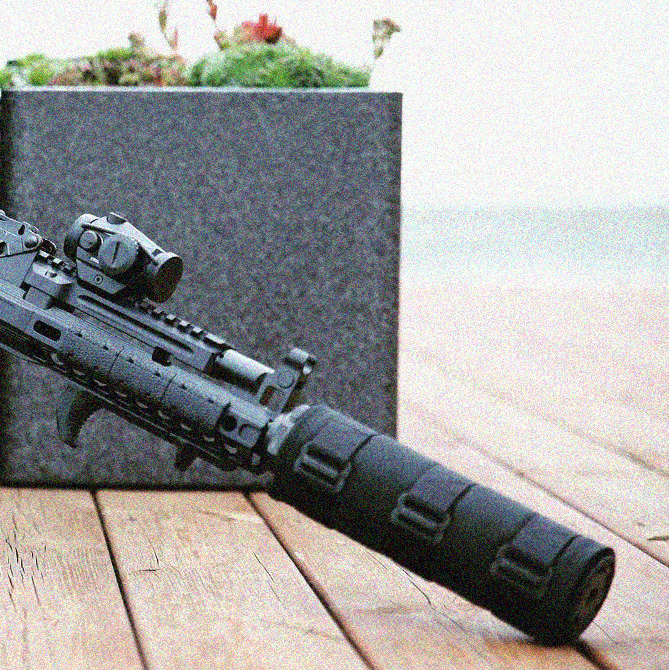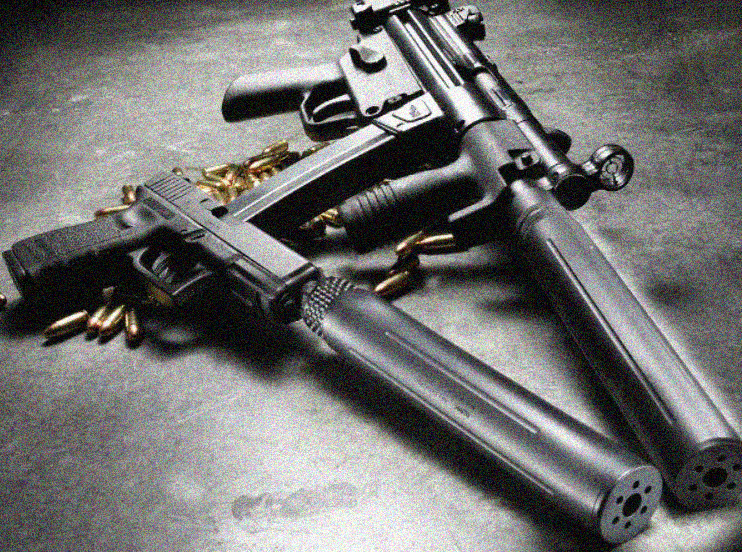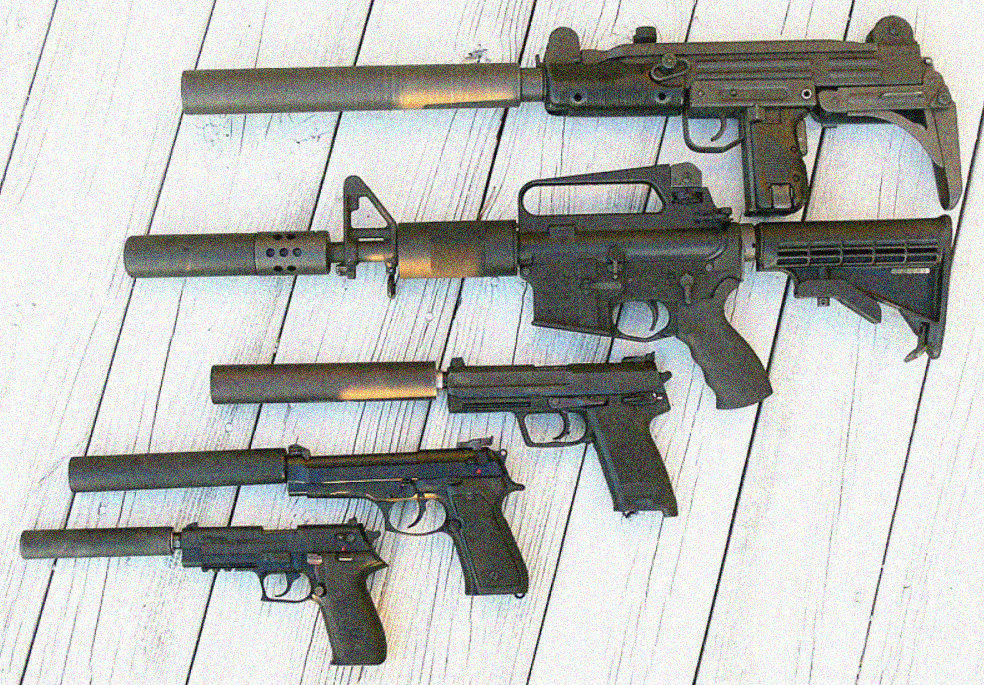On a technical level, a suppressor does add to the overall length of a firearm’s barrel. However, in most cases the increase is minimal – generally less than an inch. This is because suppressors are typically attached to the muzzle end of a gun’s barrel, and therefore don’t extend the full length of the barrel.
In terms of shooting performance, a suppressor can improve accuracy by reducing muzzle rise and helping to keep the gun on target. Additionally, suppressors help reduce noise pollution and can make Shootings safer for both shooters and bystanders.
Overall, while a suppressor may marginally increase the length of a gun’s barrel, the advantages it provides in terms of safety and shooting performance more than makeup for any slight decrease in maneuverability.
There’s some confusion on this topic, so let’s clear it up. A suppressor does indeed add to the overall length of your firearm.
Here’s why:
When you attach a suppressor to the muzzle of a gun, you’re essentially adding another piece of equipment to the end of the barrel. This adds length and weight, which in turn can affect how your gun handles. The good news is that most suppressors are relatively lightweight and won’t significantly impact the performance of your firearm.
As for the effect on accuracy, attaching a suppressor can improve accuracy since it reduces muzzle movement when firing. This results in better stability and a tighter shot group. So if you’re looking to enhance your accuracy, a suppressor may be the way to go.
Of course, the downside to all this is that suppressors can be expensive. But if you’re serious about marksmanship and want to take your shooting to the next level, they’re definitely worth the investment.
Suppressors, also sometimes called “silencers,” are devices that attach to the end of a firearm and reduce the noise made when the gun is fired. A suppressor does not “silence” a gunshot, but it can make it much quieter.
While attaching a suppressor will add to the overall length of your gun, that doesn’t necessarily mean that it will make the gun more difficult to handle or maneuver. In fact, in some cases, a suppressor can make a gun easier to control because it helps to offset muzzle rise and recoil.
Of course, whether or not attaching a suppressor is right for you depends on your individual needs and preferences. If you’re looking for a way to reduce the noise made by your gun without changing the way it handles, a suppressor may be a good option for you.
A suppressor adds to the length of a gun’s barrel. The reason for this is that suppressors work by redirecting the gases that are expelled when a bullet is fired. This redirection Of gases creates back pressure, which needs to be released somehow. The simplest way to release this pressure is to create an opening at the end of the barrel (usually in the form of a muzzle brake or flash hider), which allows the pressures to equalize and exit out the front of the gun. However, doing so also creates additional noise as well as muzzle blast and flash, both of which are undesirable.
So instead, what most suppressors do is add length to the barrel so that there is more room for the gases to expand and cool before they exit the muzzle. This has the added benefit of making the gun more accurate since the bullet spends more time in the barrel (i.e. it’s less affected by the laws of physics).
However, there are some disadvantages to using a suppressor. The first is that they can be expensive, costing anywhere from $500 to $2000 or more. The second is that they add weight and length to the gun, which can make it more difficult to handle. And finally, they require regular maintenance to keep them functioning properly.
Please login or Register to submit your answer




